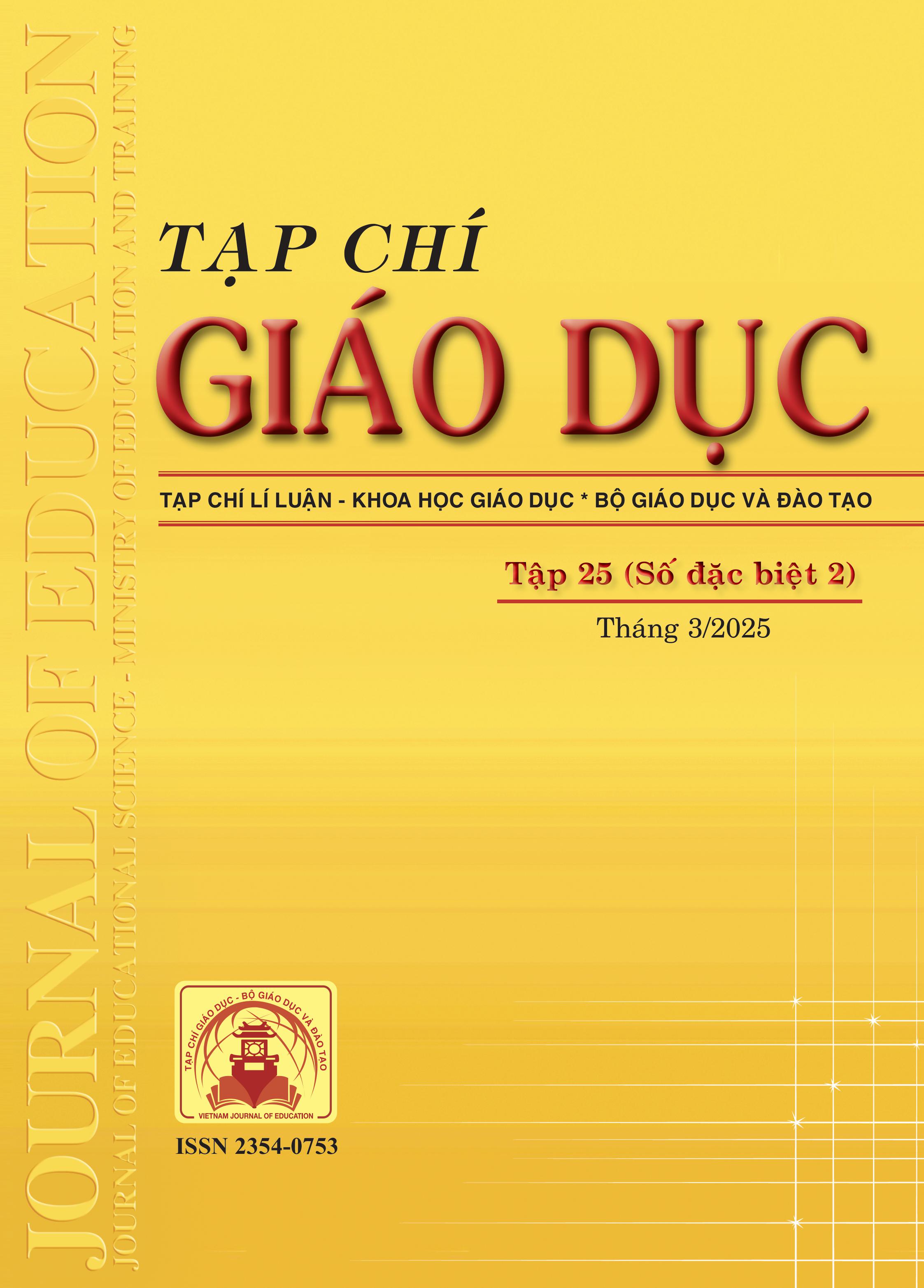Vận dụng tư tưởng tu thân của Nho giáo trong việc xây dựng lối sống của cán bộ lãnh đạo, quản lí hiện nay
Tóm tắt
To effectively implement the Party's guidelines and policies, the State's laws, as well as to ensure the basic rights and interests of the people, the role of leadership and management is indispensable. However, currently, some cadres show signs of degradation in political ideology, morality, lifestyle, “self-evolution”, “self-transformation”, leading to a weakened sense of responsibility in their work. The basic cause comes from the fact that the team of leaders and managers has not strictly trained themselves in terms of qualities, morality, lifestyle as well as not cultivating and improving their own knowledge. Research results show that the Confucian self-cultivation ideology still has important values, which can be applied in building a lifestyle for the team of leaders and managers in Vietnam such as the issue of cultivating morality, developing personal intelligence, building behavioral standards; at the same time, promoting learning combined with practice; regularly self-examine and self-change. This article not only apply Confucian self-cultivation ideology in building the lifestyle of leaders and managers in Vietnam in the new period, but also identifies some challenges and opportunities in combining Confucian values with modern leadership and management methods.
Tài liệu tham khảo
Chu Hy (1998). Tứ thư tập chú (Nguyễn Đức Lân dịch và chú giải). NXB Văn hóa - Thông tin.
Đảng Cộng sản Việt Nam (2018). Nghị quyết số 26-NQ/TW ngày 19/5/2018 Hội nghị lần thứ bảy Ban Chấp hành Trung ương Đảng khóa XII về tập trung xây dựng đội ngũ cán bộ các cấp, nhất là cấp chiến lược, đủ phẩm chất, năng lực và uy tín, ngang tầm nhiệm vụ.
Lê Kinh Nam (2014). Quan điểm tu thân của Nho giáo và sự kế thừa, vận dụng của Hồ Chí Minh trong việc giáo dục rèn luyện đạo đức cách mạng. Tạp chí Thông tin Khoa học xã hội, 9, 28-33.
Minh Anh (2002). Tìm hiểu tư tưởng tu thân của Nho giáo. Tạp chí Triết học, 12(139), 40-43.
Trần Tuấn Phong (2010). “Tu thân” của Nho giáo và đối thoại văn hóa. Tạp chí Triết học, 1(224), 58-65.
Trần Tuấn Phong (2012). Tu thân Nho giáo và tư tưởng phát triển con người của Hồ Chí Minh. Tạp chí Triết học, 2(249), 48-56.
Trần Thị Thu Hằng (2018). Nội dung tư tưởng và ảnh hưởng tích cực của Nho giáo đối với việc thực thi quyền con người ở Việt Nam hiện nay. Tạp chí điện tử Dân chủ & Pháp luật. https://danchuphapluat.vn/noi-dung-tu-tuong va-anh-huong-tich-cuc-cua-nho-giao-doi-voi-viec-thuc-thi-quyen-con-nguoi-o-viet-nam-hien-nay
Đã Xuất bản
Cách trích dẫn
Số
Chuyên mục
Giấy phép

Tác phẩm này được cấp phép theo Ghi nhận tác giả của Creative Commons Giấy phép quốc tế 4.0 .












